Sunday October 17, a demonstration took place in Paris. It commemorated the 60th anniversary of the massacre of several dozen Algerians by the police on October 17, 1961.
This commemoration is part of the 3 emblematic days which the Head of State was to attend. The first was on September 25, a national day in homage to the Harkis, the last will take place on March 19, 2022. It corresponds to the 60 years of the Evian agreements which ended the Algerian war.
At the call of the LDH, the demonstrators marched from the Grand Rex to the Saint-Michel bridge. The slogan chosen was “Truth Justice”. The route started at 3 pm from the place where the photographer of “l’Humanité”, Georges Azenstarck, photographed “piles of corpses” on October 17, 1961. He joined the bridge from which the police threw Algerians into the Seine .
Why this massacre?
In the middle of the Algerian war, 5 months before the end, Algerians demonstrated peacefully in Paris on October 17, 1961. They marched against the curfew decreed by the prefect of police Maurice Papon since October 3. Organized at the call of the FLN, this mobilization was violently repressed. It brought together nearly 30,000 “French Muslims from Algeria”. This curfew was totally illegal; the administrative circular “advised to refrain from driving at night”. On the ground, harassment and beatings following the increase in police assassinations. since August 28.
Despite the truce decided at the end of May, the French Federation of the FLN, provisional government of the Algerian Republic (GPRA), resumed the attacks, in parallel with the Evian negotiations. The police have ideas of revenge. The violence lasted several weeks but the day of October 17 is retained as a symbol of state repression.
A quest for truth about the facts
For 60 years, this event has been at the center of a political and memorial battle. It wasn’t until the 1980s that historians began to research what really happened (the protest and its repression). The trial of Maurice Papon and his acts during the occupation, allowed in 1997 to begin a work of memory.
In 1998, a report requested by Jean-Pierre Chevènement brought the count of victims to 32. The following year, another survey carried out on the judicial archives, assessed 48 dead.
In 2012, François Hollande acknowledged “a bloody repression”, but did not designate the state responsible.
In 2018, Anne Hidalgo replaced the bronze plaque, affixed in 2001 at the corner of the Saint-Michel bridge and the Quai du Marché-Neuf (IV th) with an artistic stele.
Even today, France has still not recognized its responsibility in the colonial wars, including that of Algeria. This year, Emmanuel Macron denounced “inexcusable crimes for the Republic” committed “under the authority” of the then prefect, Maurice Papon.
The 60th commemoration
This year, Emmanuel Macron commemorated the “Massacre of October 17”, Pont de Bezons. The ceremony organized on October 16 paid tribute to the victims. Families, police officers, historians and novelists were present. After the recognition of the “massacre” in 2012 by François Hollande, President Macron is the first president of the Fifth Republic to participate in a tribute ceremony.
The Head of State laid a wreath on the banks of the Seine on the Pont de Bezons, he also observed a minute of silence. This place represents the path taken by the Algerian demonstrators who arrived from the neighboring slum of Nanterre at the call of the branch of the FLN installed in France.
The president did not speak but a press release from the Elysee Palace was issued at the end of the ceremony
“This tragedy was long killed, denied or concealed”, … “The crimes committed that night under the authority of Maurice Papon are inexcusable for the Republic”, recognized the Head of State.
“France looks at all its history with lucidity and recognizes the responsibilities clearly established in the tragedy of October 17, 1961. It owes it first and foremost to itself, to all those that the war in Algeria and its procession of crimes committed on all sides have bruised their flesh and soul. She owes it in particular to her youth, so that she is not locked in the conflicts of memories and builds, with respect and recognition , its future, “he added.
What do former FLN activists think?
Some regretted insufficient remarks on the part of the Head of State, despite progress. They hoped for the recognition of a “state crime” and the opening of the river archives to find out the truth. Among the activists were Mimouna Hadjam, spokesperson for the Africa93 association; Dominique Sopo, president of SOS Racisme; Mehdi Lallaoui, president of the association “In the name of memory”. The latter deplored “a missed opportunity, very, very short of what we expected.” The assassins are not named. Only Maurice Papon is. It is unbearable to continue in this denial, that we cannot name the Parisian police, that we cannot quote Michel Debré, Prime Minister at the time, or General de Gaulle “, has t -he adds.
Other commemorations
Several other commemorations of October 17, 1961 took place in the Parisian suburbs, in Seine-St-Denis (93) including Montreuil and Bagnolet and in the Hauts de Seine (92). In Noisy-le-Sec, you can see a poster by the artist Ernest Pignon-Ernest on the facade of a building. It represents the hands of a drowned man and bears the words “a state crime, Paris on October 17, 1961”.
The towns of Nanterre, Colombes, Gennevilliers, Bagneux, Malakoff and Châtillon organized a souvenir walk between the Esplanade de La Défense and the Pont de Neuilly.
In Paris, nearly 1,800 people marched between the Rex and the Pont St Michel, demanding recognition of a “state crime”. The Algerian diaspora demanded the truth about a “colonial massacre”. she chanted: “October 17, state crime, October 17, we do not forget!”, waving Algerian flags. The demands also relate to the current regime with signs “System clears”, “Freedom for political prisoners”. In the crowd, you could meet the environmental candidate for the Elysee Yannick Jadot; EELV number 1, Julien Bayou or Seine-Saint-Denis deputy (LFI), Eric Coquerel.
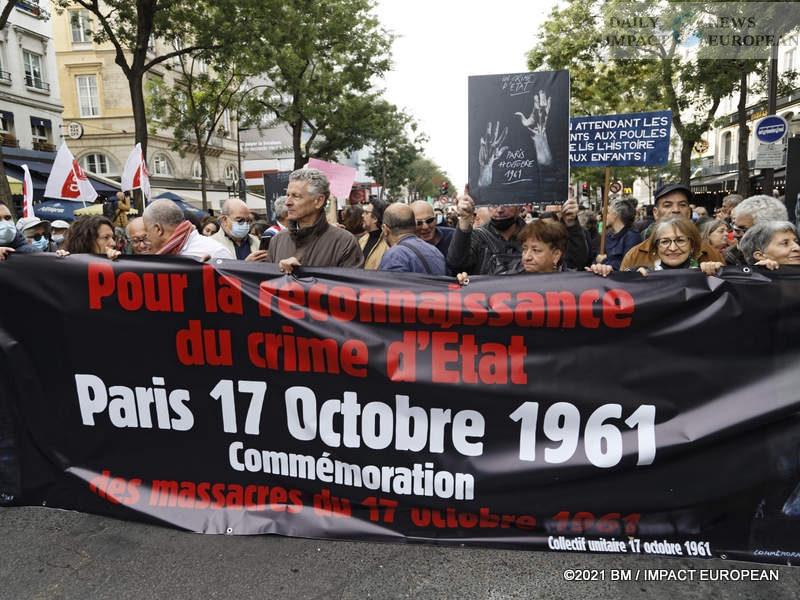
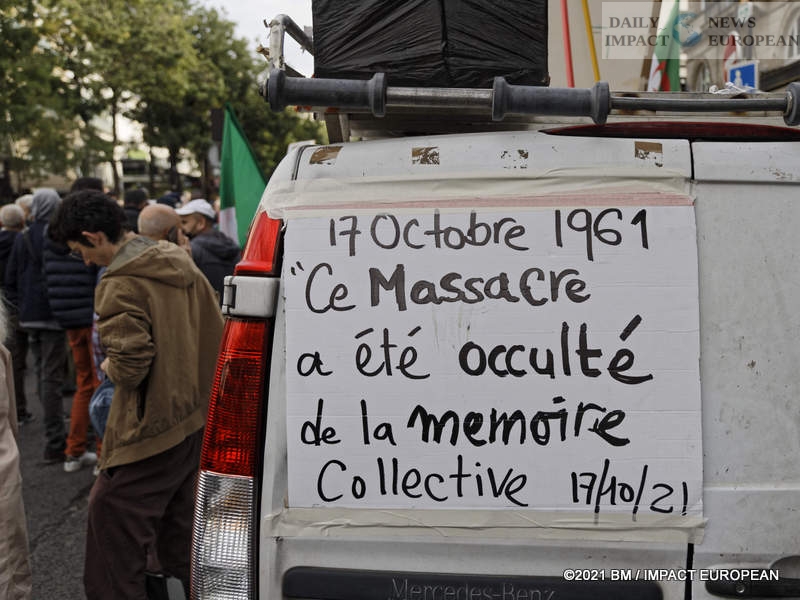
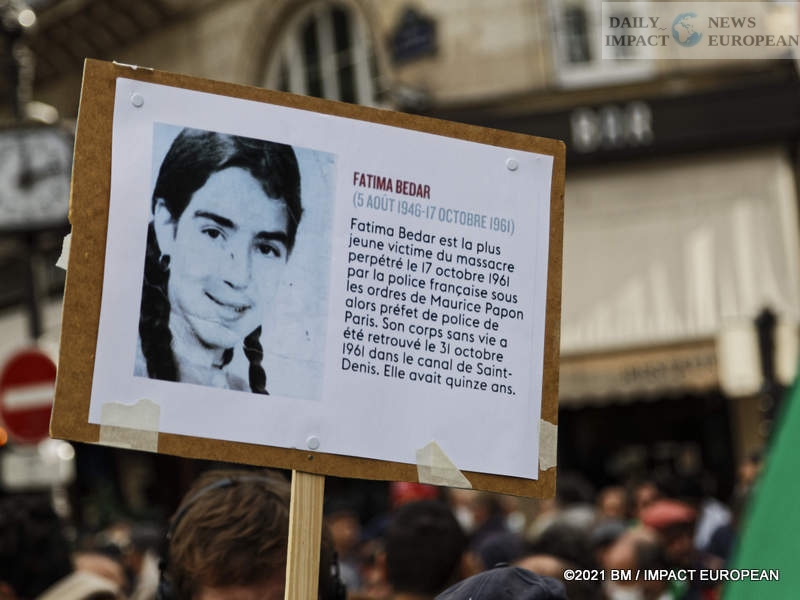
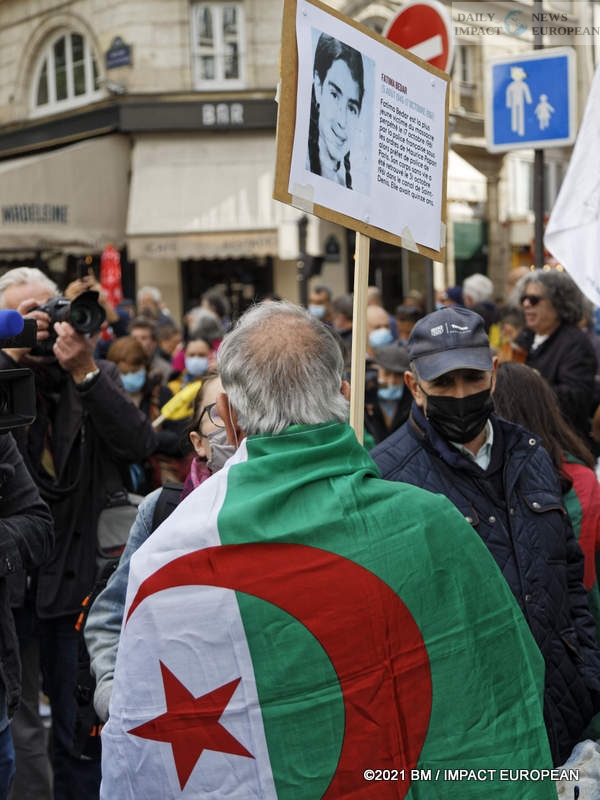
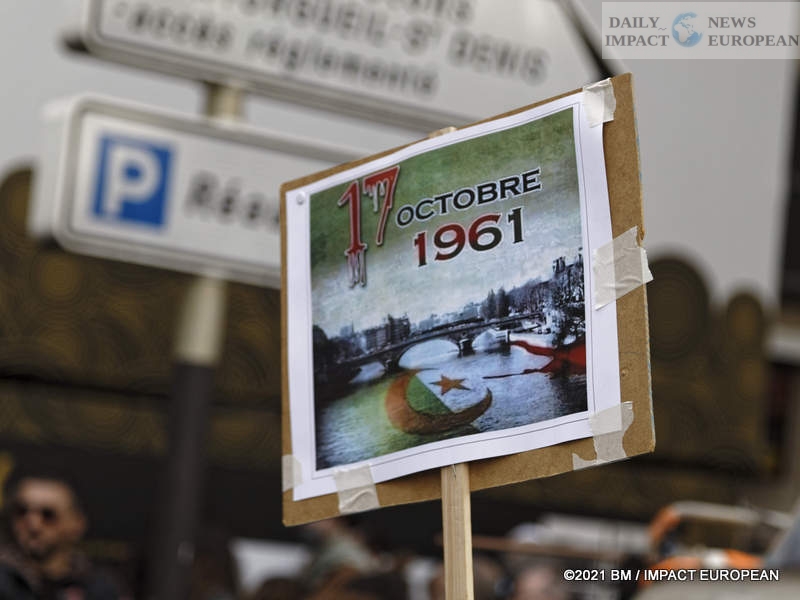
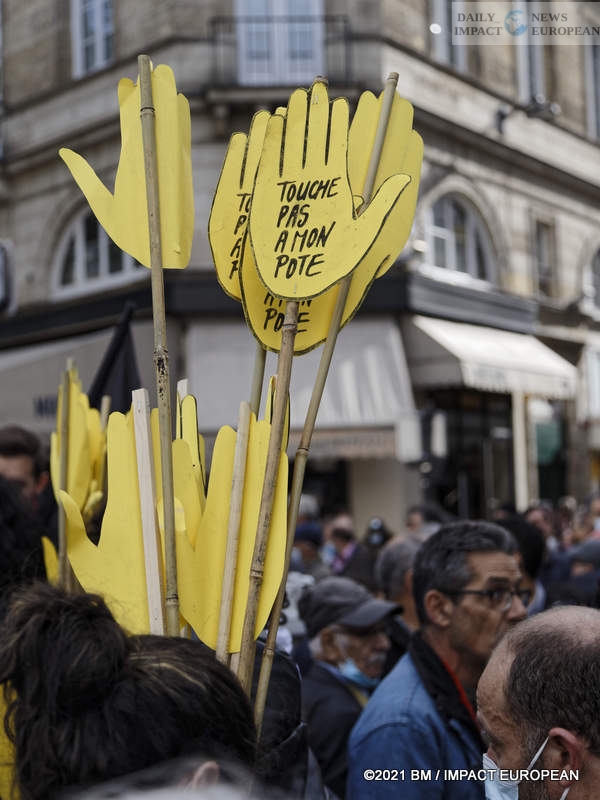
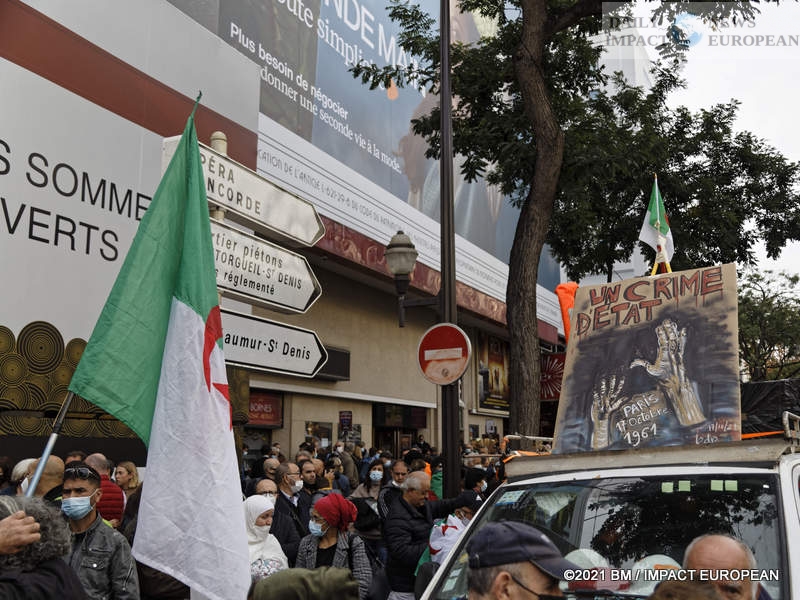
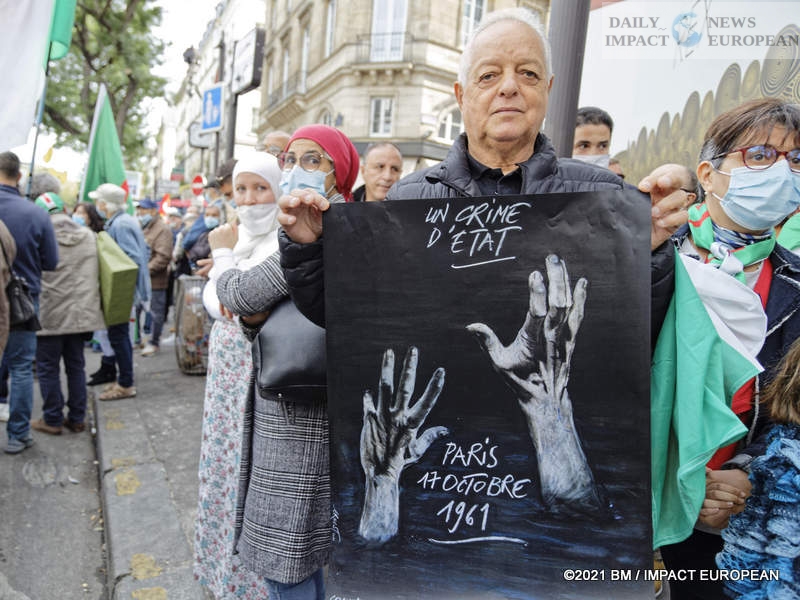
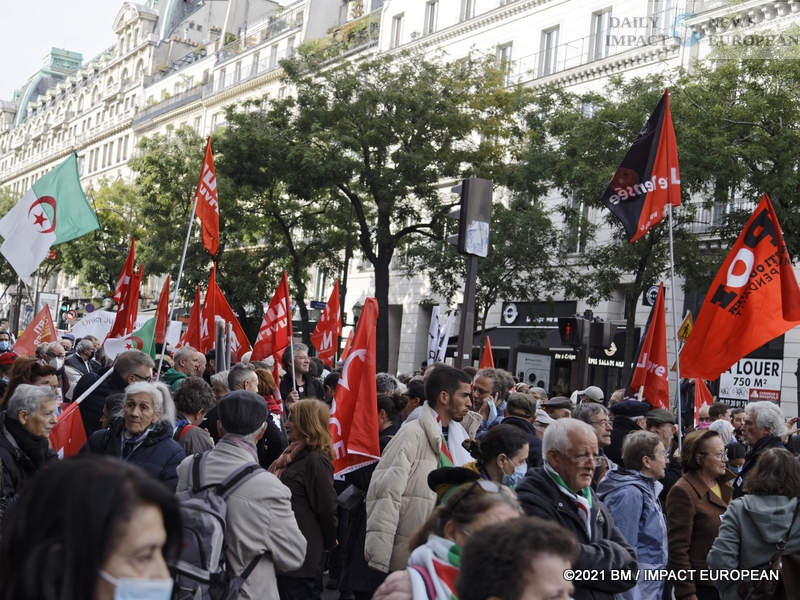
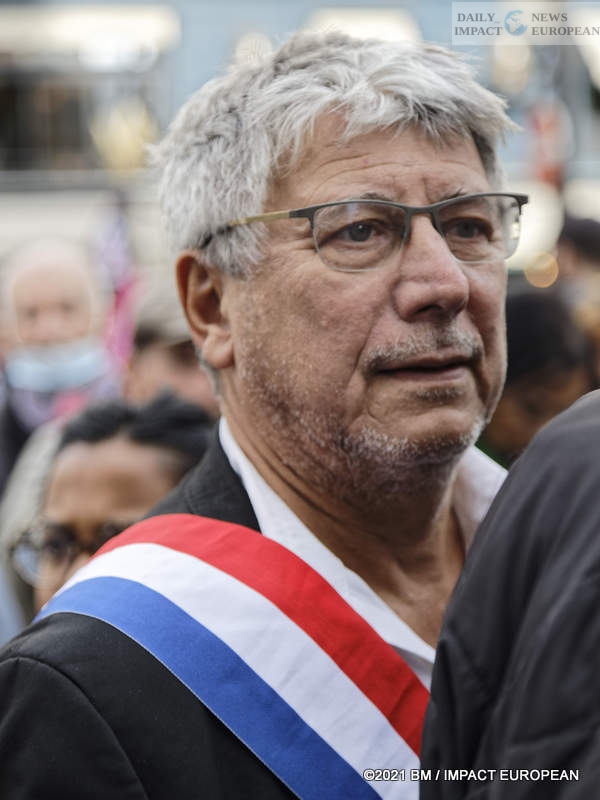
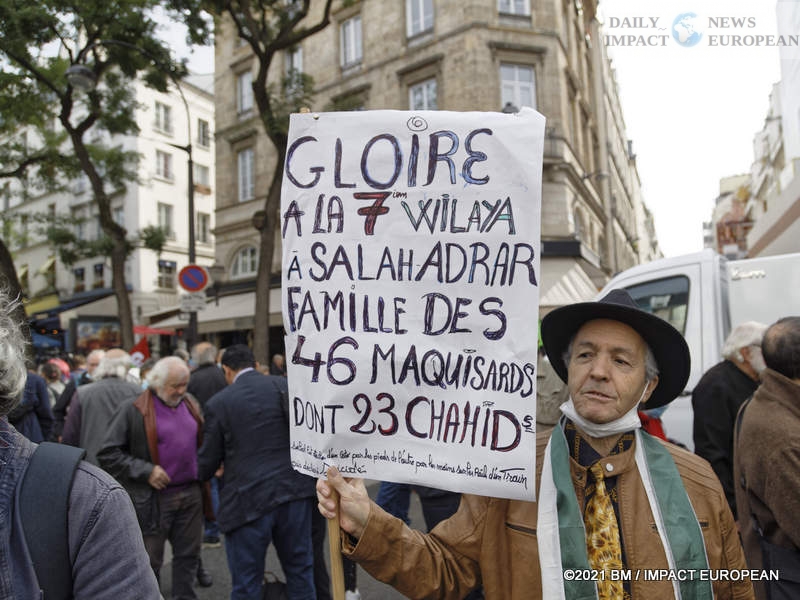
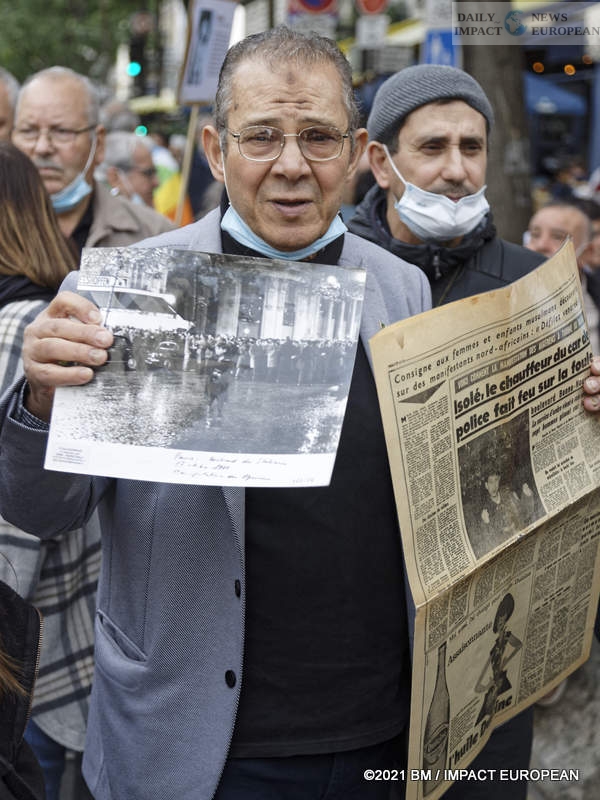
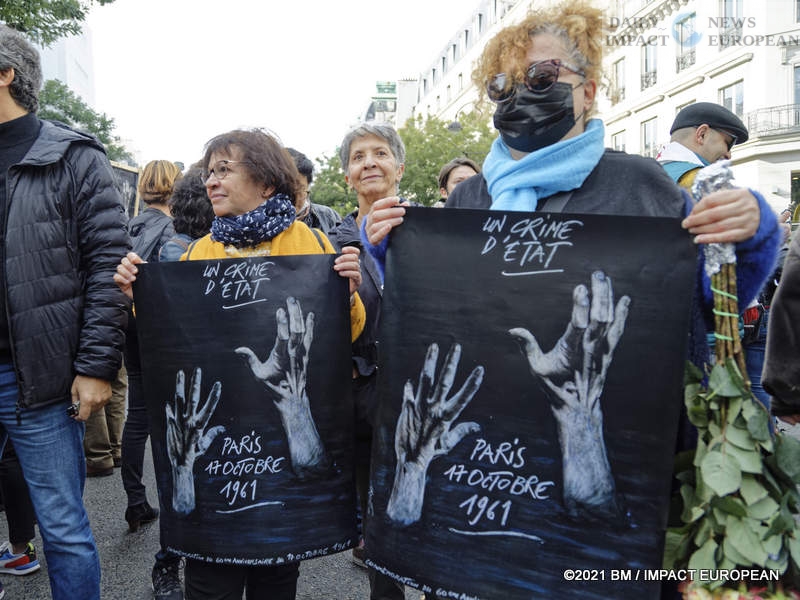
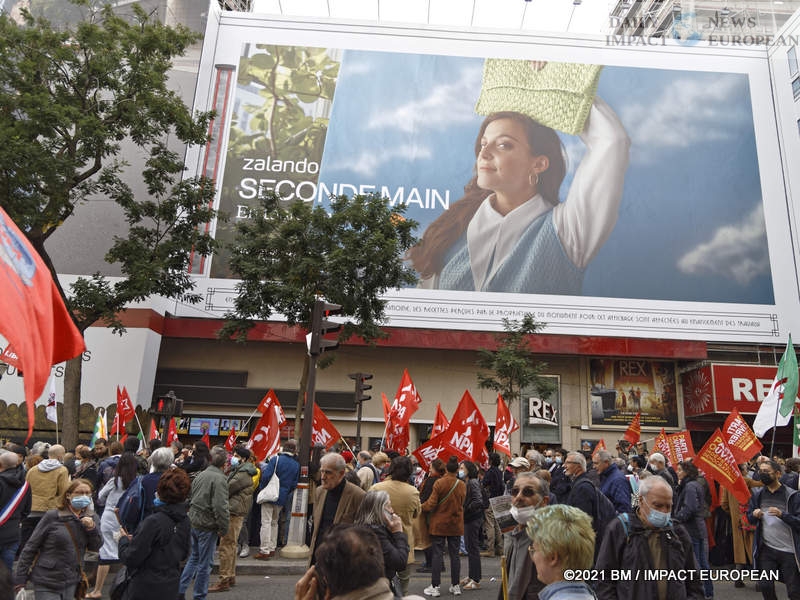
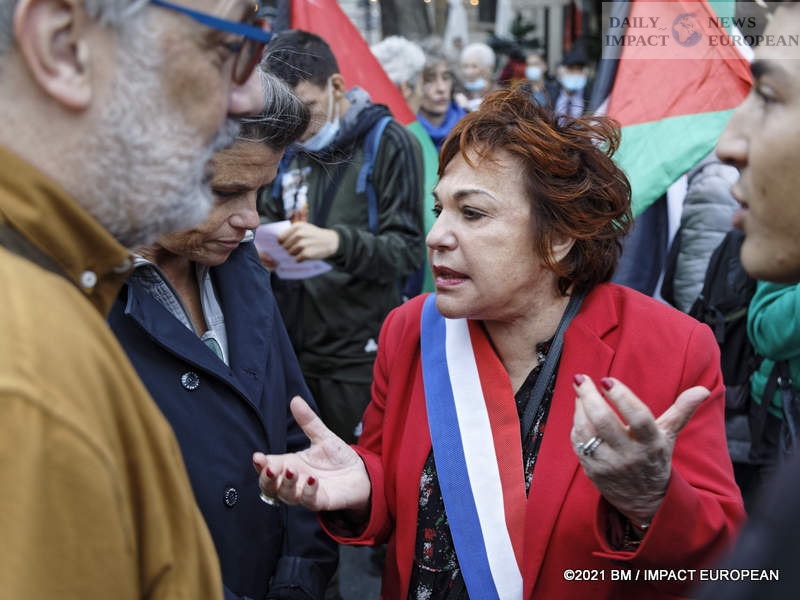
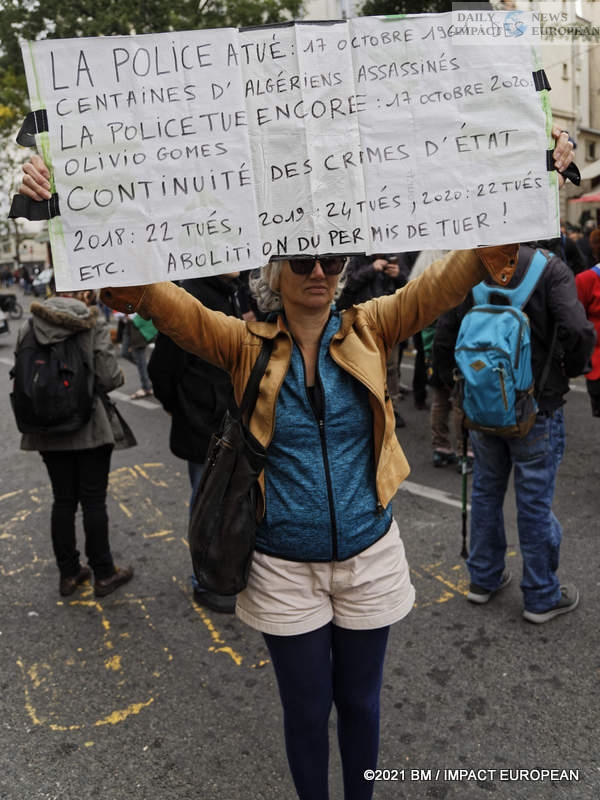
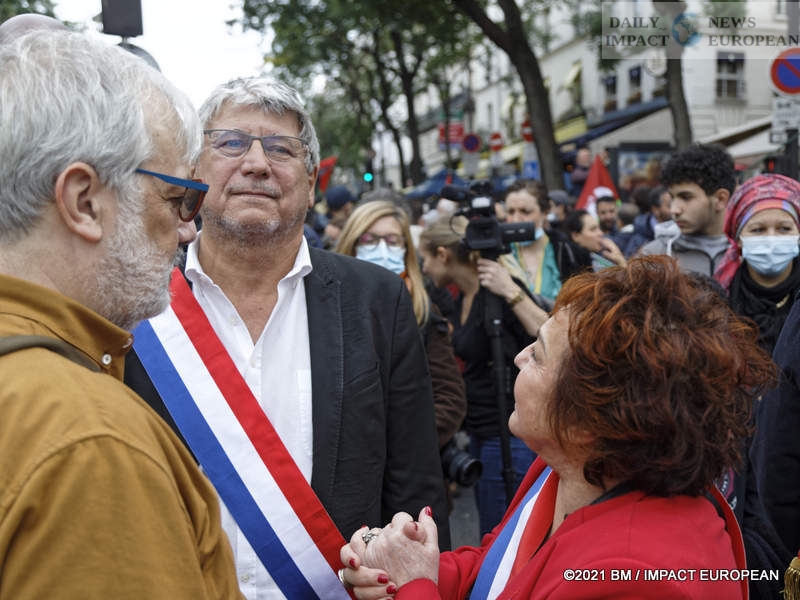
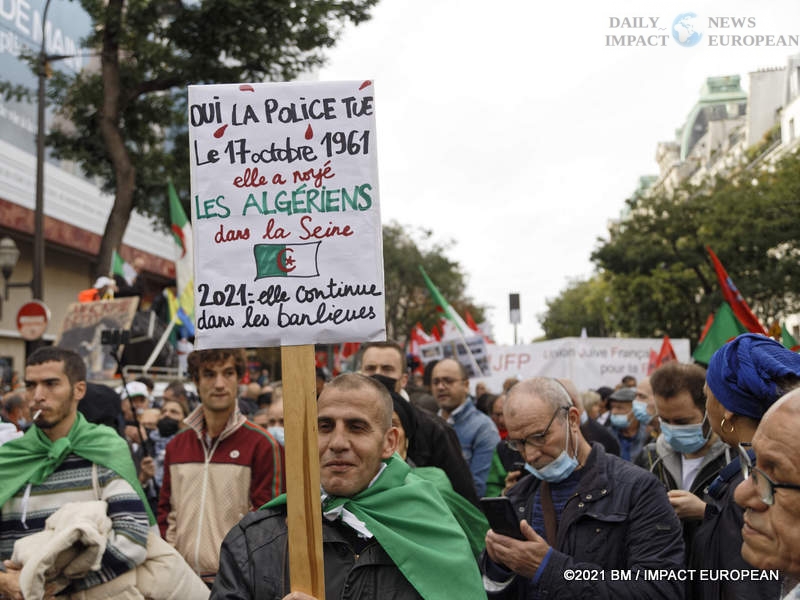
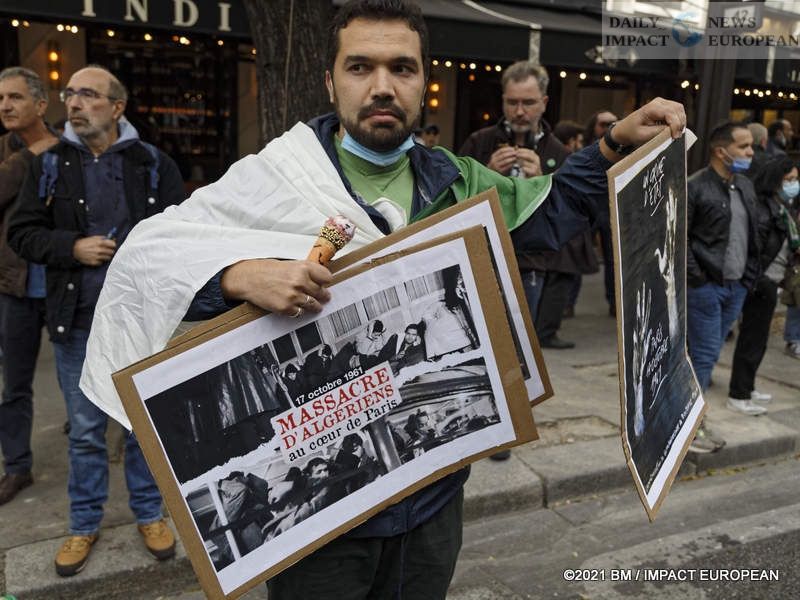
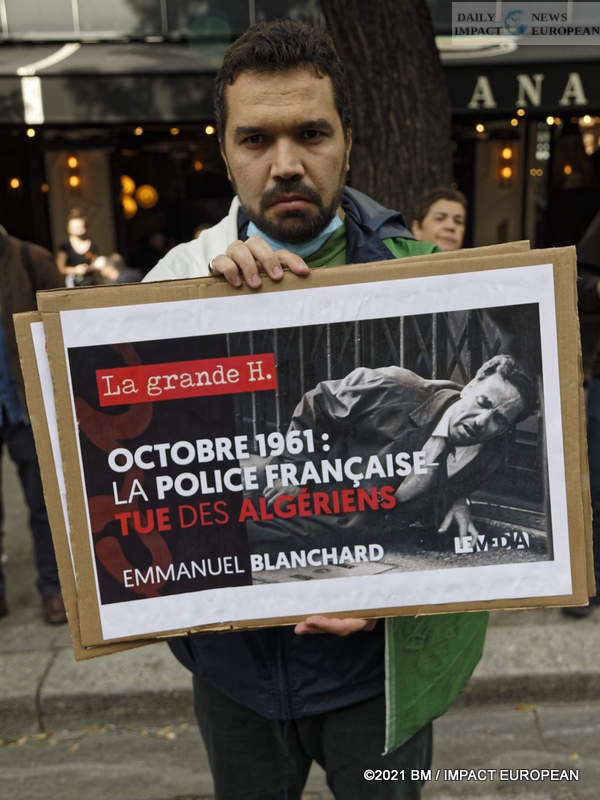
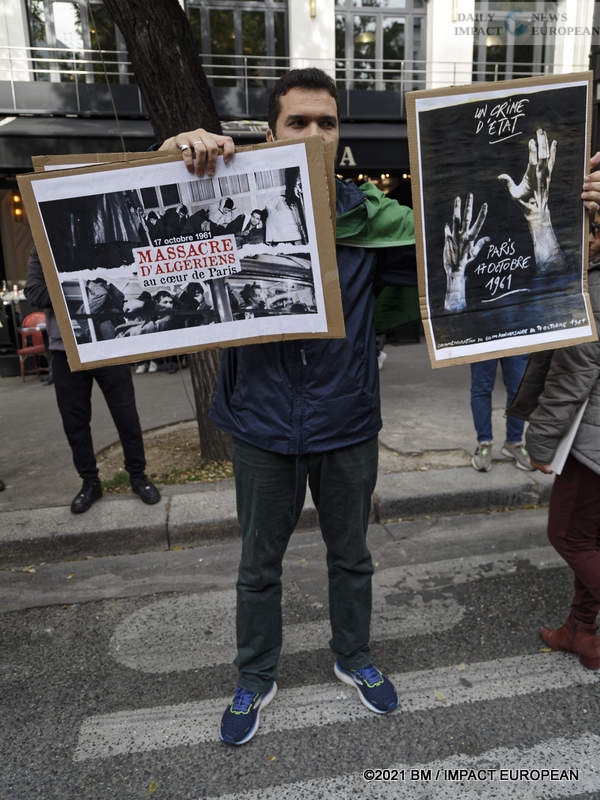
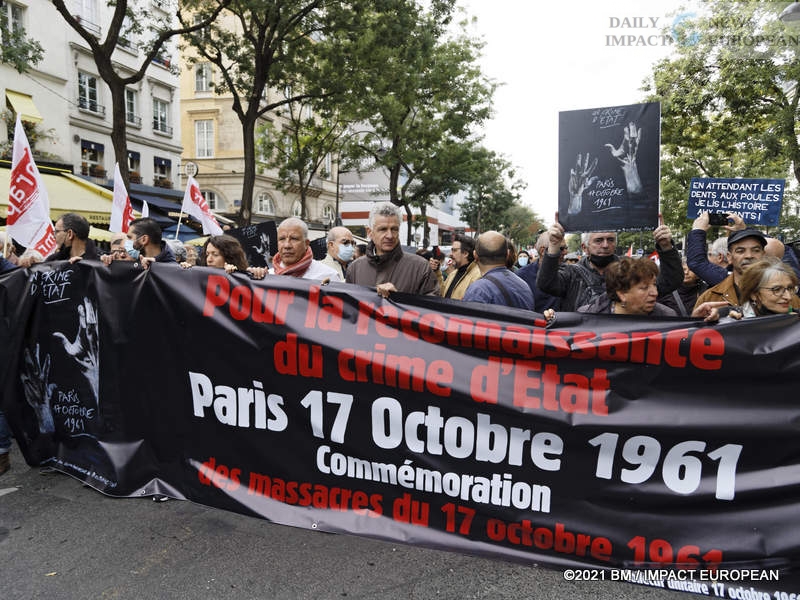
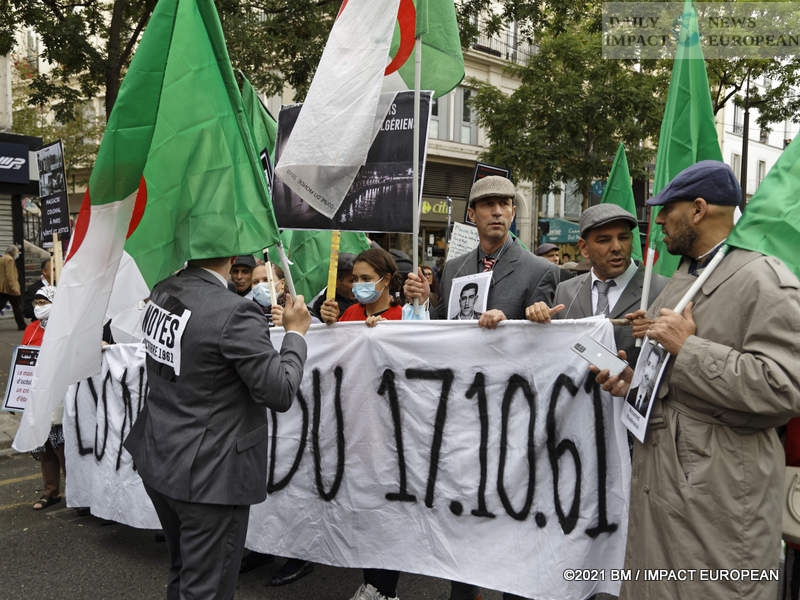
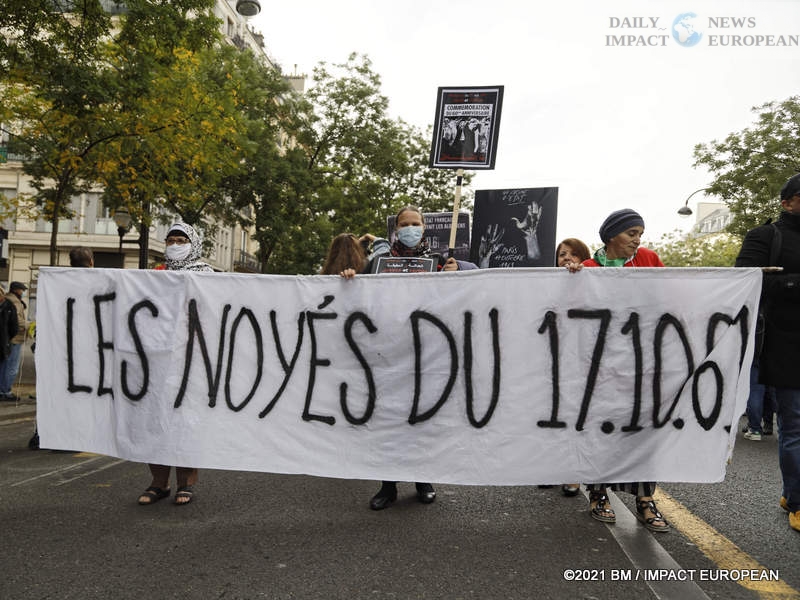
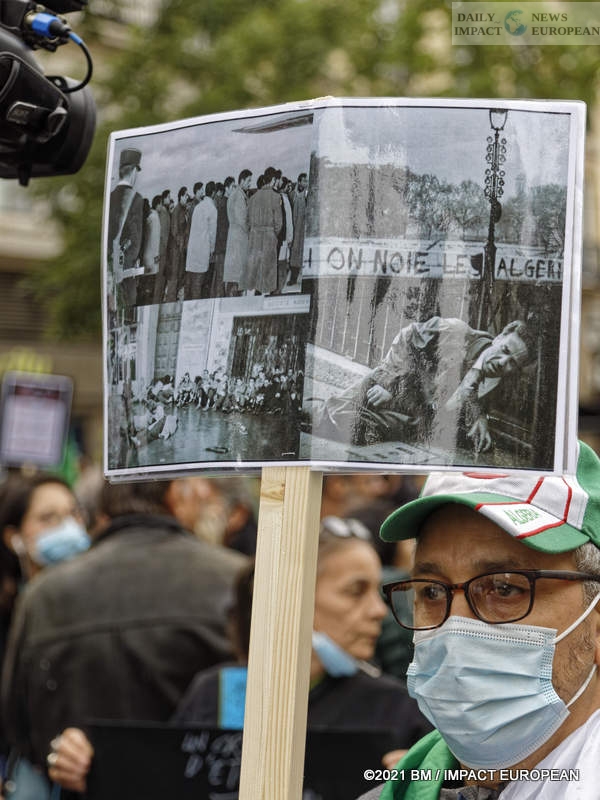
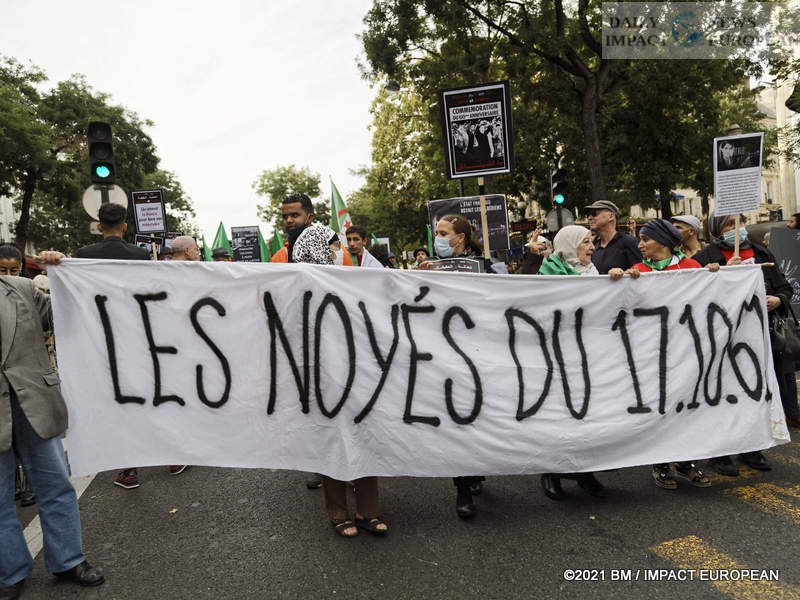
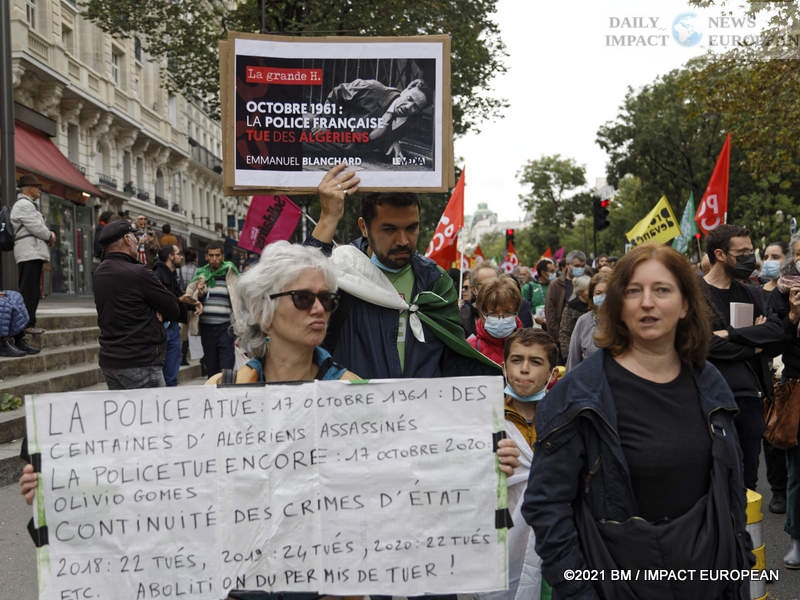
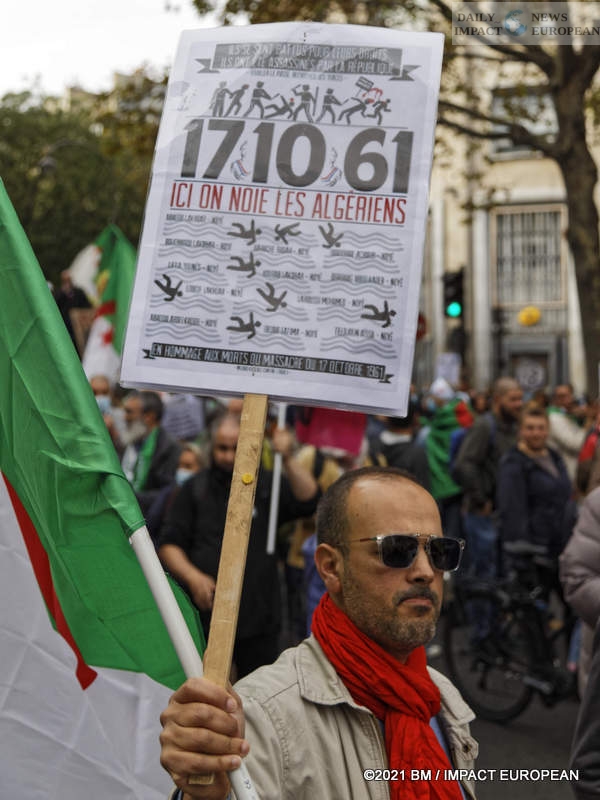
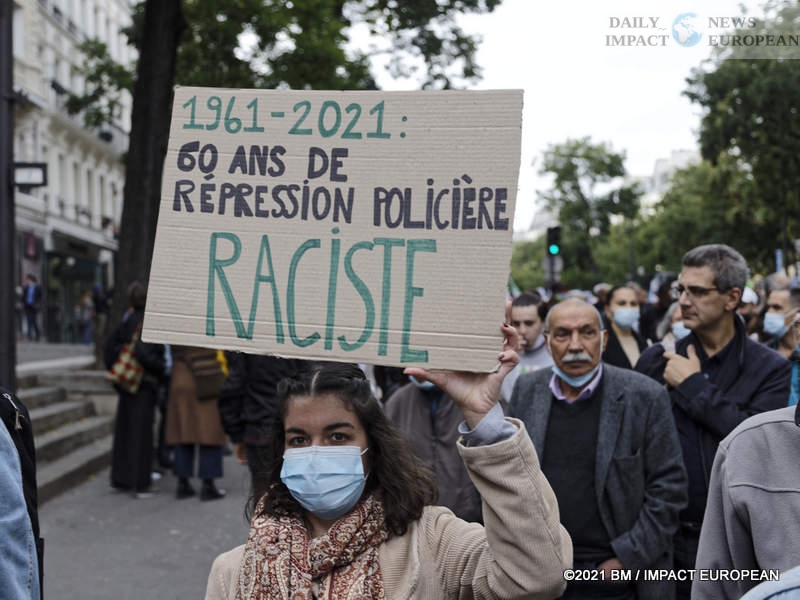
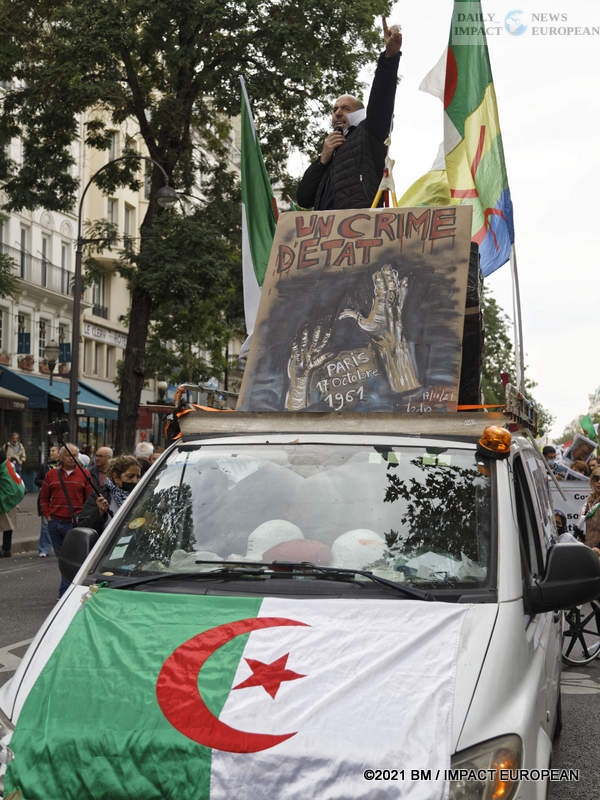
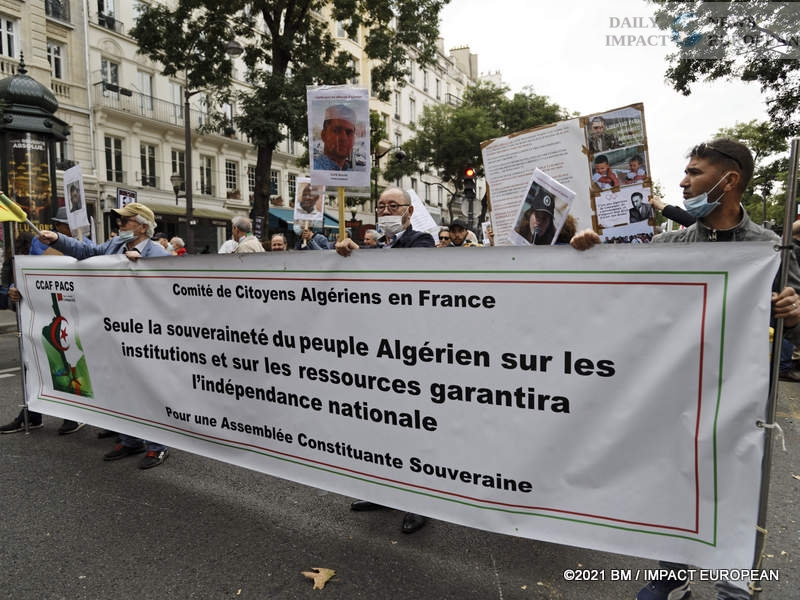

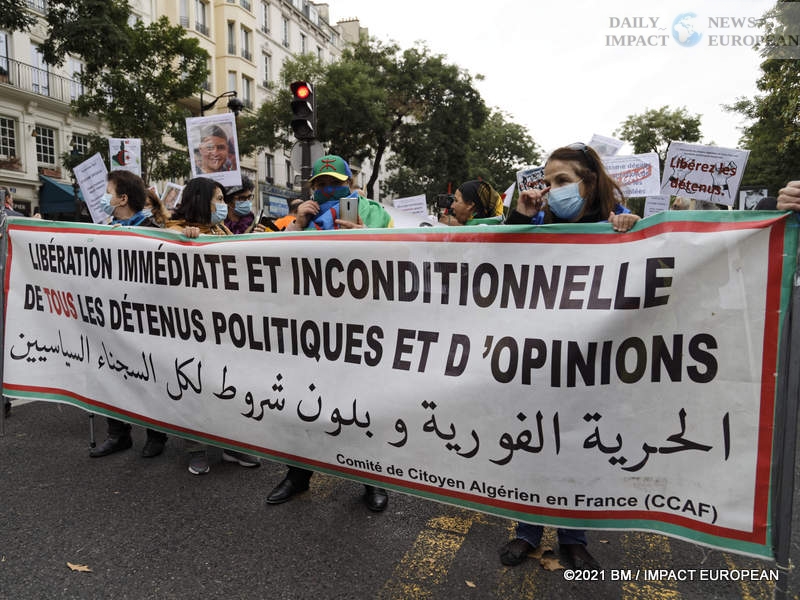
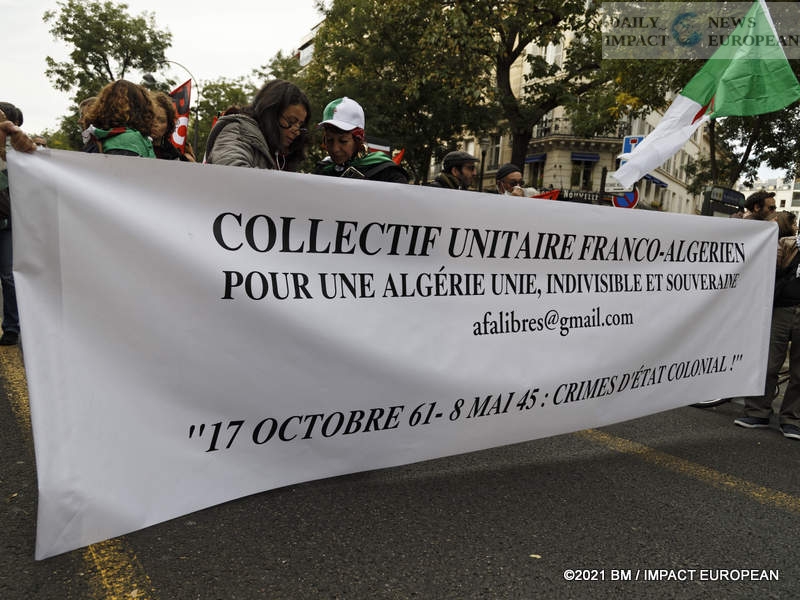
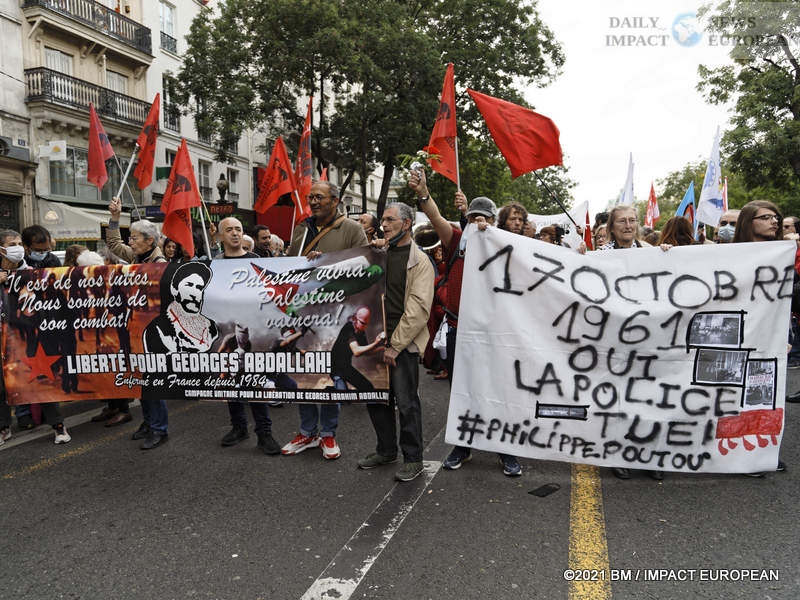
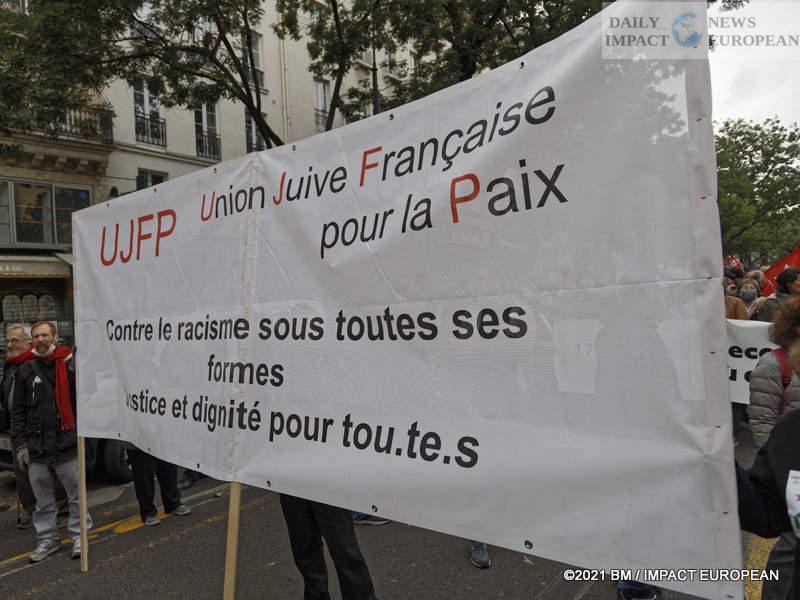
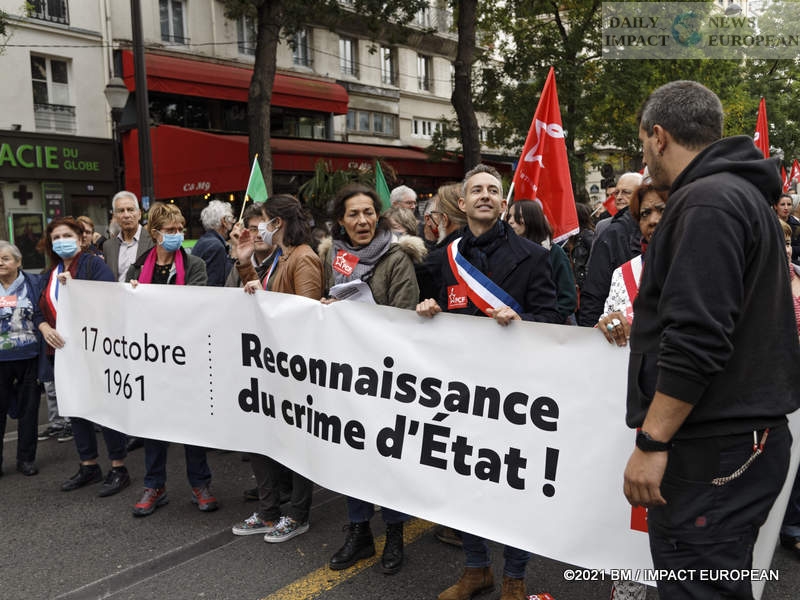
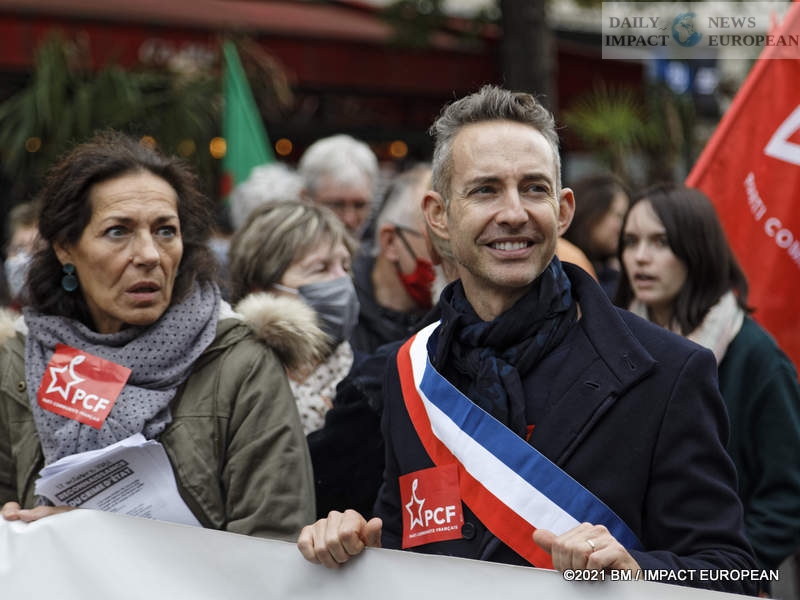
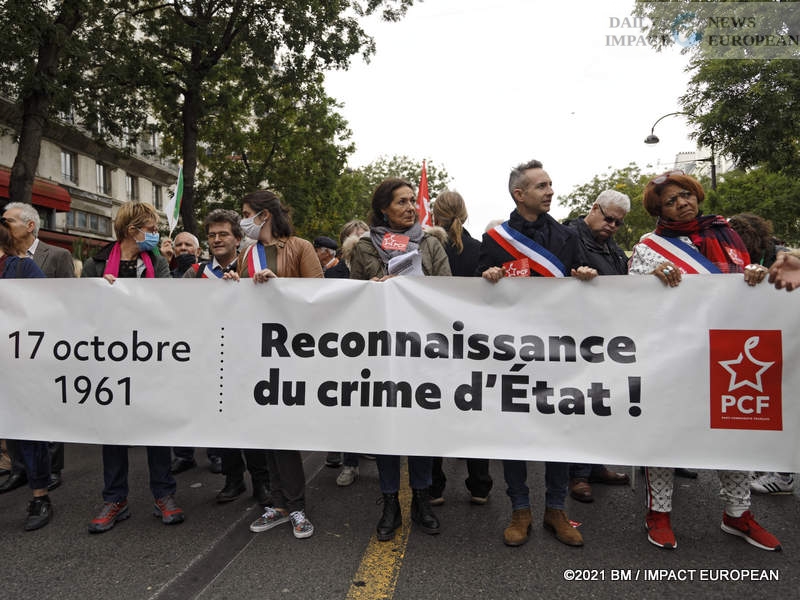
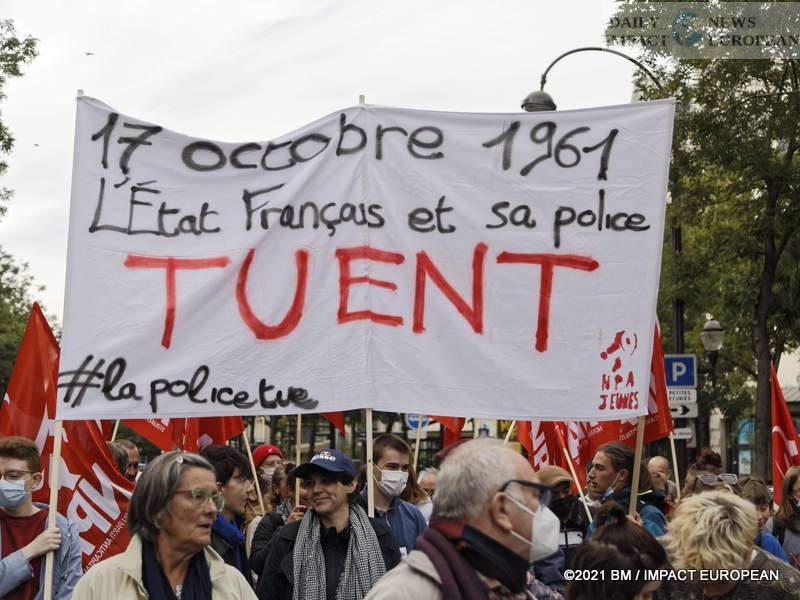
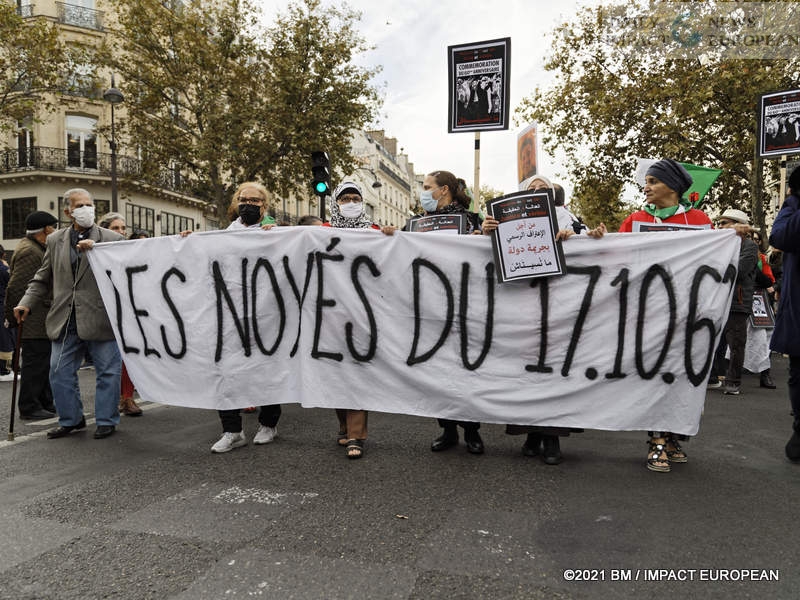
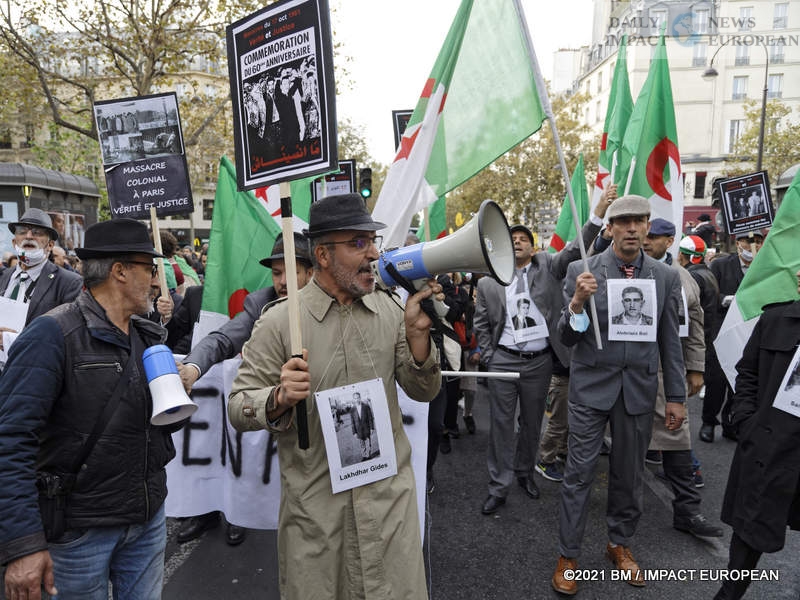
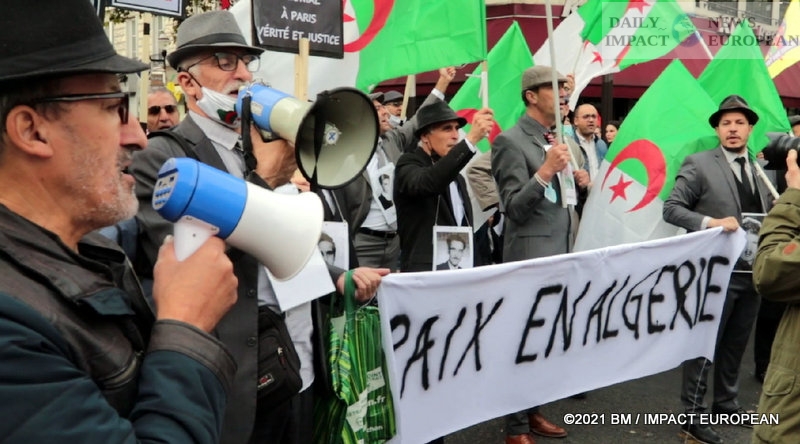
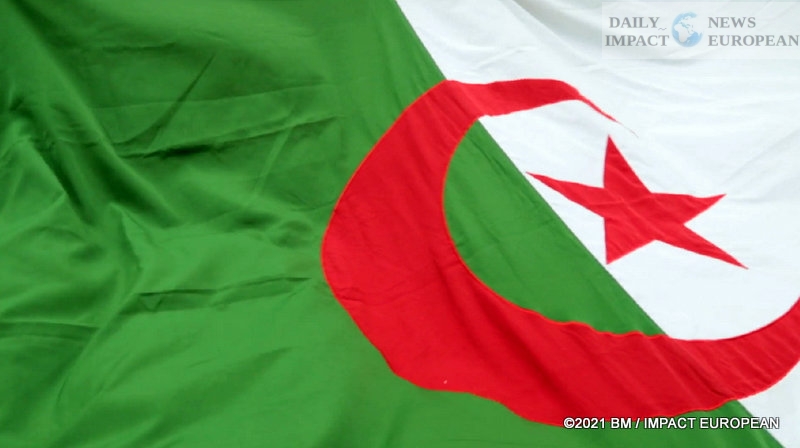
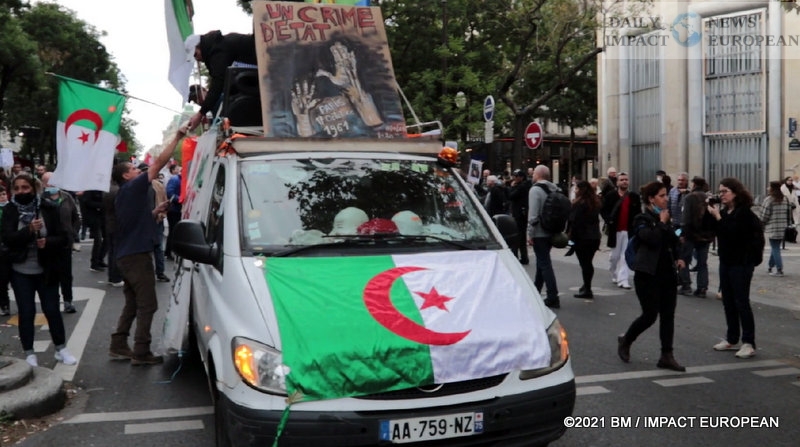
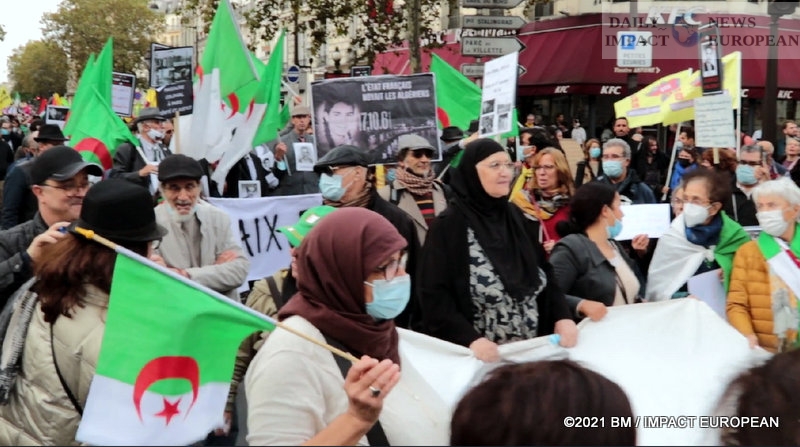
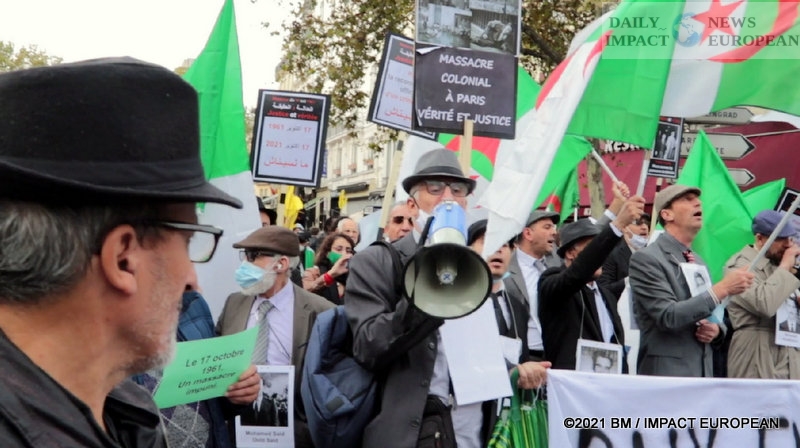
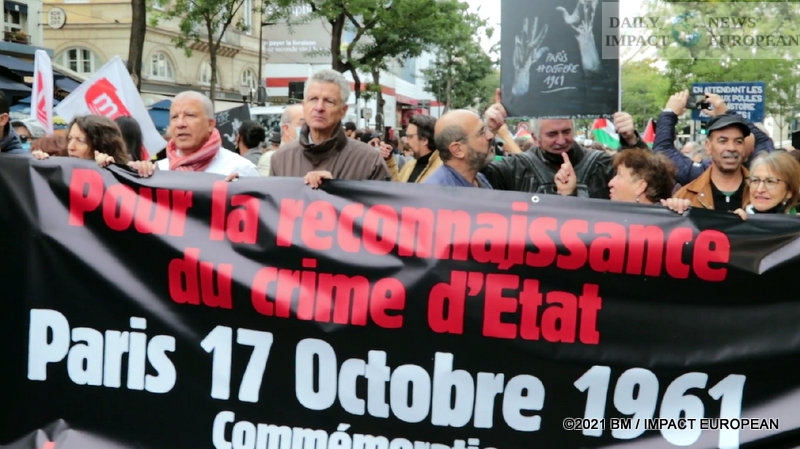
More Stories
Trenitalia: improves travel solutions for its passengers by reducing carbon emissions
Ivory Coast welcomes its success at CAN 2023
Paris: The African Book Fair highlighted by its 3rd edition